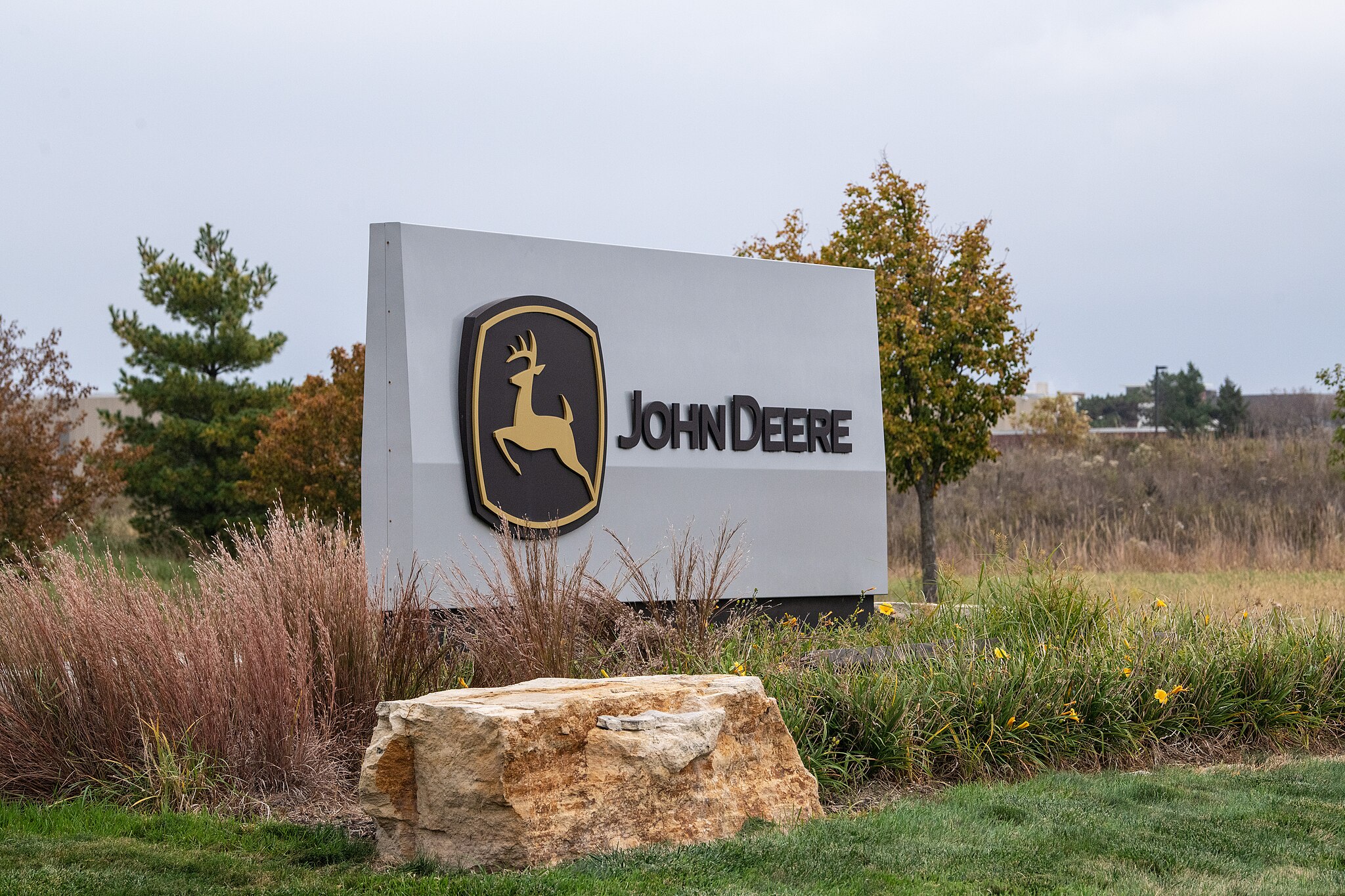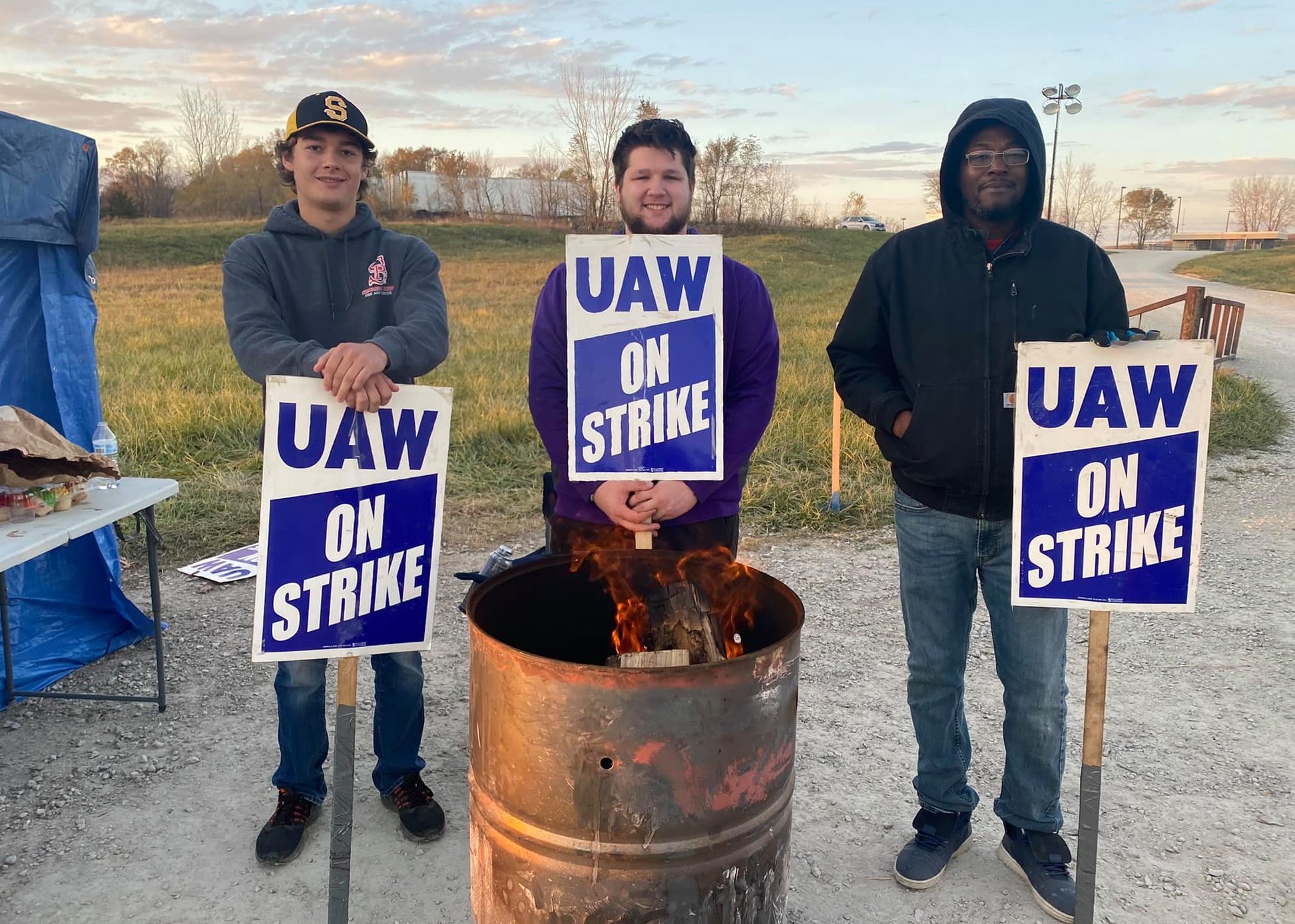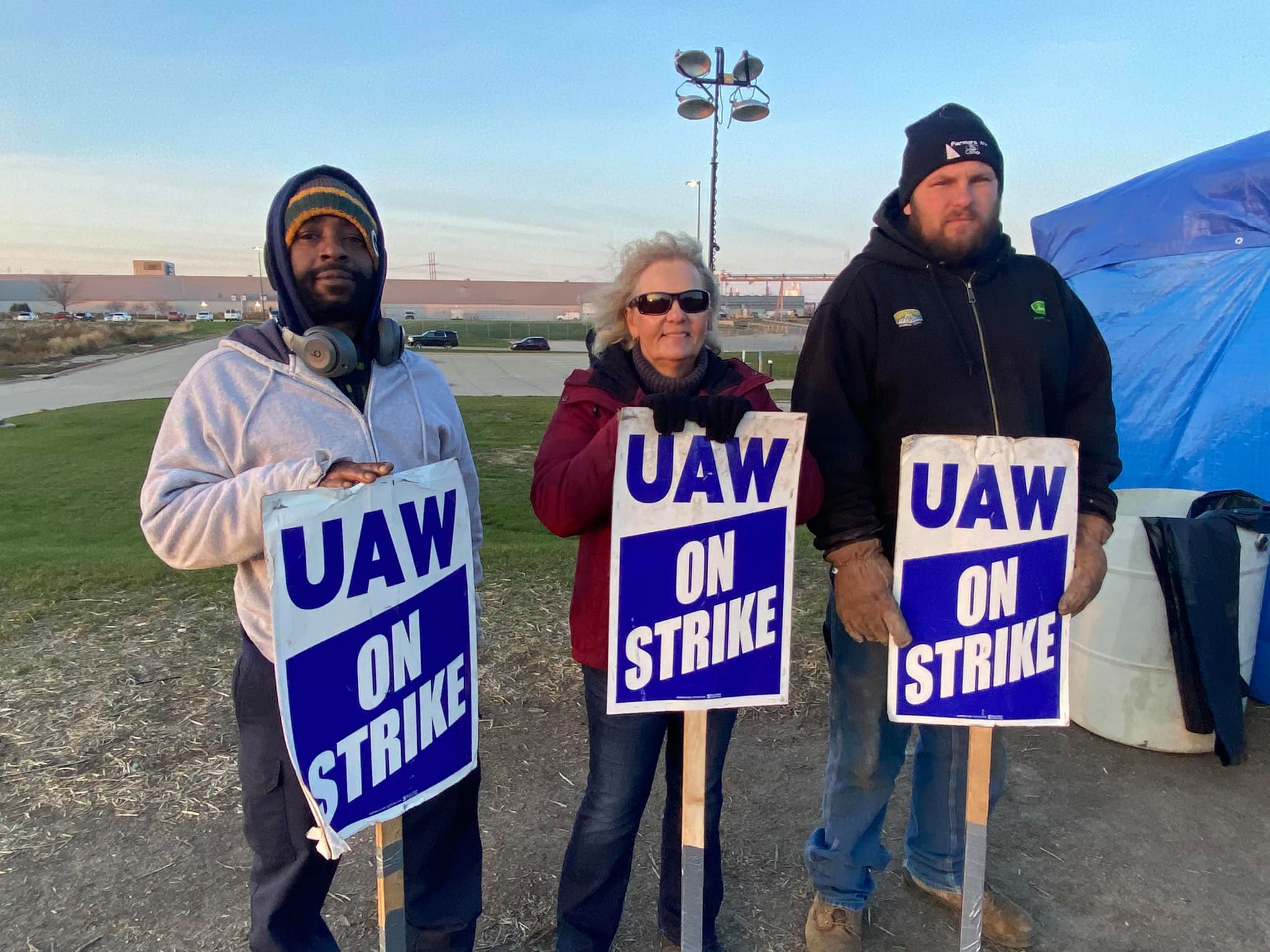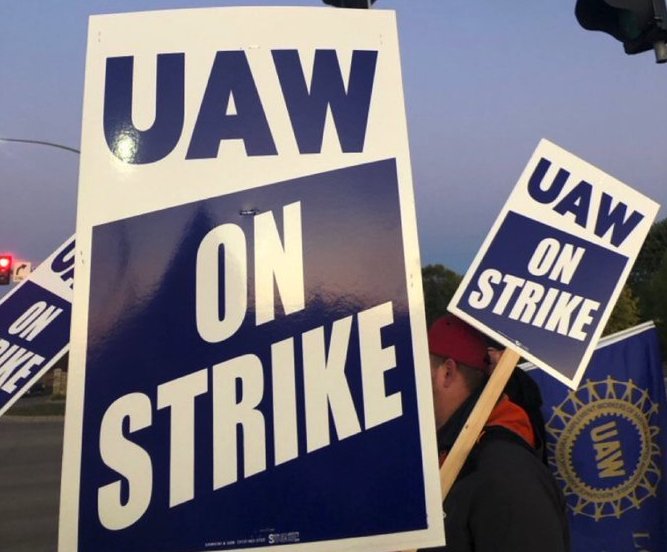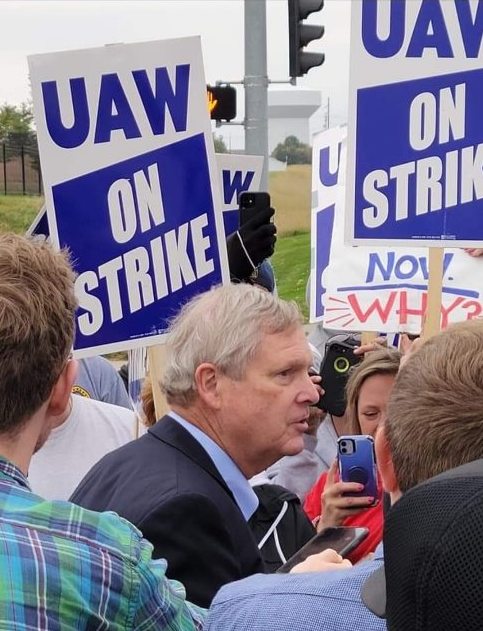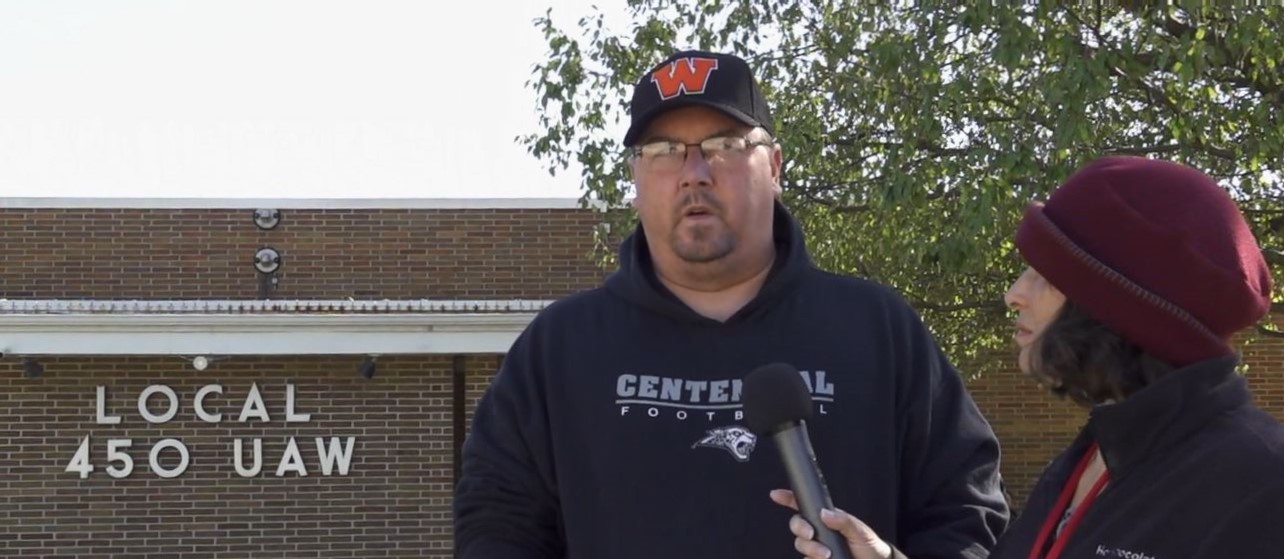I don’t expect to get everything I want from Democratic politicians in power. Probably liberals like me will have plenty of disappointments in the coming years. But if Barack Obama and the Democratic Congress only follow through on one big campaign promise, I hope it’s health care.
The many injustices of our current health care system have been thoroughly documented by nyceve, among others, but I want to add my two cents.
The 46 million Americans lacking health insurance represent one very large part of problem. Some can’t afford insurance, and others can’t find a private insurer who will sell them a policy for any price. You could spend all day listing the ways uninsured Americans get a raw deal on health care. They can’t afford preventive care and routine diagnostics, so they are more likely to be diagnosed with late-stage, incurable cancer. They are less likely to receive care for any number of chronic illnesses. They live with terrible, crippling pain. Few Americans without health insurance coverage are able to receive organ transplants, though many become organ donors after dying prematurely.
We need to get these people covered and get away from our broken employer-based health care system. Every day Americans who thought they had good benefits are joining the ranks of the uninsured–like my friend whose husband got laid off in October, right before his employer (a small manufacturer) went under. It turned out the boss had secretly stopped paying the health insurance premiums some time before. Or the retirees who worked at Maytag or at John Deere for many years and are now losing some of the health benefits they were promised.
Employer-based health care is also a huge drag on large corporations and our national economy, as clammyc pointed out in this recent diary.
In an ideal world, I’m for a Canadian-style single-payer system (also known as HR 676 or “Medicare for all”), but as a political compromise I would settle for something like what John Edwards and Hillary Clinton proposed during the primaries: mandatory health insurance, which would be portable with no exclusions for pre-existing conditions, and the option for any American to buy into a public insurance plan. Momentum is building in Congress for this kind of reform.
But getting Americans health insurance will solve only part of the problem. It’s shocking how many Americans with “good” insurance go without needed medical care. Only occasionally does a case makes national news, as when the teenager Nataline Sarkisyan was unable to get a liver transplant last year. A recent study found many Americans with chronic illnesses forgo medical care for cost reasons, even if they have insurance.
Then there are the “lucky” people who get the care they need for a medical emergency, but later face financieal ruin when their insurance company denies coverage. Medical bills are implicated in about half of all personal bankruptcies in the U.S.
When I had a medical emergency last winter, I got to the doctor relatively early, I received good care in the hospital, no lasting damage was done to my body, and my insurance company covered almost all of the costs (once we had exhausted our deductible). I remember our relief when the biggest bill arrived in the mail, for about $18,000, and our required payment was only $600. (I recognize that $600 would be a hardship for many families, but we are fortunate to be able to pay that without cutting back on any essentials.)
Yesterday I was reminded again of how things could have turned out very differently for my family. If you are a regular at Daily Kos, you may recognize the handle AdmiralNaismith. Among other things, he wrote a series of diaries about the political scene in all 50 states between April and October. The links to all of those pieces are here, and he wrote an interesting post-election wrap-up diary here.
AdmiralNaismith doesn’t write many personal diaries, but he recently discussed his own family’s “medical horror story”: Drowning in medical bills, despite insurance (another link is here).
He describes the sequence of events, including his wife’s life-threatening embolism, which left his family owing thousands of dollars for medical care–more unpaid bills than AdmiralNaismith earns in three months. He asked fellow bloggers to help pay down the three largest bills, which will otherwise be sent to collection agencies within 30 days. (He’s not asking anyone to send him money directly but provides contact details for the insurer, with name and account number.) A few hundred people paying $10 or $20 each would help enormously.
I will be calling to make a payment on Monday, and I encourage anyone who’s ever benefited from reading AdmiralNaismith’s informative diaries to do the same.
But equally important, I ask the community of Democratic activists, who did so much to elect Obama, to hold his feet to the fire next year on delivering the comprehensive health care reform he promised.
I haven’t been thrilled with Obama’s cabinet appointments so far. My number one hope for the new government is that Ezra Klein is right about what Tom Daschle as secretary of Health and Human Services means:
This is huge news, and the clearest evidence yet that Obama means to pursue comprehensive health reform. You don’t tap the former Senate Majority Leader to run your health care bureaucracy. That’s not his skill set. You tap him to get your health care plan through Congress. You tap him because he understands the parliamentary tricks and has a deep knowledge of the ideologies and incentives of the relevant players. You tap him because you understand that health care reform runs through the Senate. And he accepts because he has been assured that you mean to attempt health care reform.
Please share your thoughts or health care horror stories in the comments.
Continue Reading...

